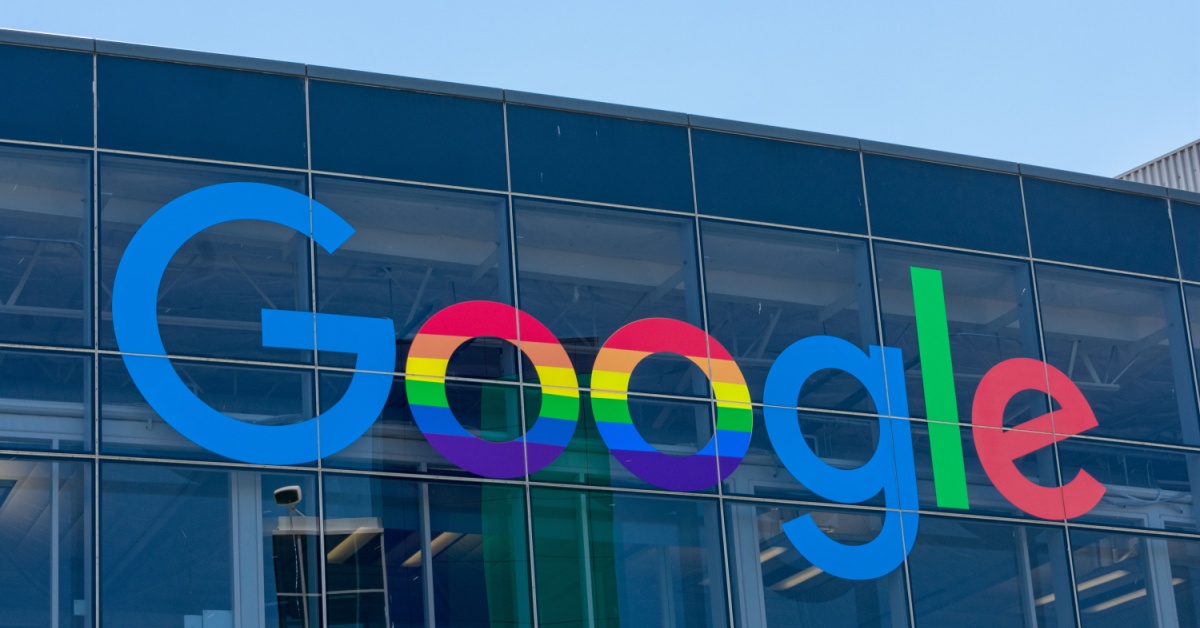At last week’s Google I/O developers conference, Alphabet (NASDAQ: GOOGL) unveiled new AI capabilities for Search. Is Google Search revenue growth sustainable in an AI world?
What’s next for Search?
Alphabet has long dominated the digital advertising revenue space through the strength of its Google Search. The company generated $175 billion from Search in FY 2023 or 57% of total revenue. Looking ahead, analysts expect Search to grow nearly $75 billion to reach $250 billion by the end of FY 2027, which drives the overall Services segment. Services still drive nearly 100% of the operating income for Alphabet.
With the expansion of ChatGPT, concerns have emerged about Google’s ability to maintain its dominant position in Search and with advertisers. There is discussion that users may prefer results that are more curated and do not force-rank sponsored links to the top of a user’s search results. Without the expected growth of Search, Alphabet’s Services operating income growth could be at risk, putting additional pressure on the company to increase the Cloud margin and reduce losses in its Other Bets and Unallocated segments to maintain its current valuation. Based on Visible Alpha consensus of 20x P/E and a $197 price target, Alphabet’s projected 2025 P/E ranges from 17x to 22x, depending on the earnings growth assumptions.
Figure 1: Consensus estimates for Alphabet

Source: Visible Alpha consensus (May 16, 2024). Stock price data courtesy of FactSet. Alphabet’s current stock price is as of the market close on May 15, 2024.
Search updates from Google I/O
According to Alphabet CEO Sundar Pichai, the greatest areas of investment and innovation are going to be in Search. In the Gemini era, AI is set to expand Search’s capabilities. This investment is likely needed for Alphabet to maintain its dominance in advertising. Questions are emerging about the sustainability of Google’s business model in Search as ChatGPT’s features and capabilities infringe on Google’s turf.
Liz Reid, VP of Search, highlighted that the volume of online facts and Google’s ranking system combined with Gemini will dramatically expand Search’s possibilities. AI Overviews rolled out on May 15, and Google will soon release planning, brainstorming, and troubleshooting with video capabilities. Will these enhancements be enough to keep users and ad revenues growing in line with current expectations?
Figure 2: Google’s new AI-generated search results
At both last week’s Google I/O conference and Google Marketing Live 2023, the Company showed prototypes adding images and AI-generated stories to its search results. We compared the results presented last year with what is currently available and was newly presented. Google seems to have pivoted a bit on their approach to AI integration (see Figures 3, 4, and 5).
Last year, Google highlighted that AI-generated stories would be coming soon. However, these have not materialized in the way initially showcased. Instead, the emphasis remains on surfacing “Sponsored” search results first. This is likely to preserve the premium that advertisers pay to appear at the top of the search ranking. When the questions are more generic, however, Google’s new AI Overview feature appears, returning a summary and a list of various unsponsored links. In ChatGPT-4, users can have an experience similar to Google, but without the sponsored links dominating the results. How will the Search results evolve and potentially impact the ad revenue model going forward?
Over the next few months, the company will focus on the integration of Gemini to Search. Going forward, the success of this integration may be a critical factor for Google, both to maintain its stronghold in Search and continue growing its advertising revenues to meet expectations.







